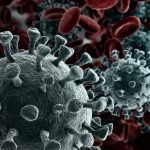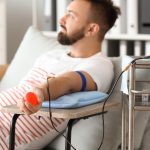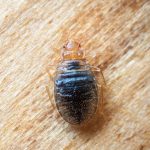
Firearm injuries traumatize children, saddling them with mental health issues that include stress disorders and drug or alcohol use, according to a new study. In all, 35% of kids injured by firearms receive a new mental health diagnosis in the following year, the research found. That compares to a 26% rate of mental health diagnoses that follows a car crash, investigators said. “We know that trauma exposure, such as that experienced with a firearm injury, is a well-established risk factor for child mental health conditions, but until recently we knew very little of about the mental health consequences following a firearm injury,” said Dr. Peter Ehrlich, director of pediatric trauma care at the University of Michigan’s C.S. Mott Children’s Hospital in Ann Arbor. “We hope that our study will illuminate the magnitude and types of disorders most likely to arise in young firearm injury survivors, so they can receive timely diagnosis and care,” Ehrlich said in a university news release. About 20,000 young people survive firearm injuries each year. Firearms surpassed motor vehicle crashes as the No. 1 cause of death for 1- to 19-year-old Americans in 2020. Most of the children studied who were diagnosed with mental health issues had problems with drugs or alcohol or a condition like post-traumatic stress disorder (PTSD). Such disorders were twice as likely to be diagnosed in youths… read on > read on >


















